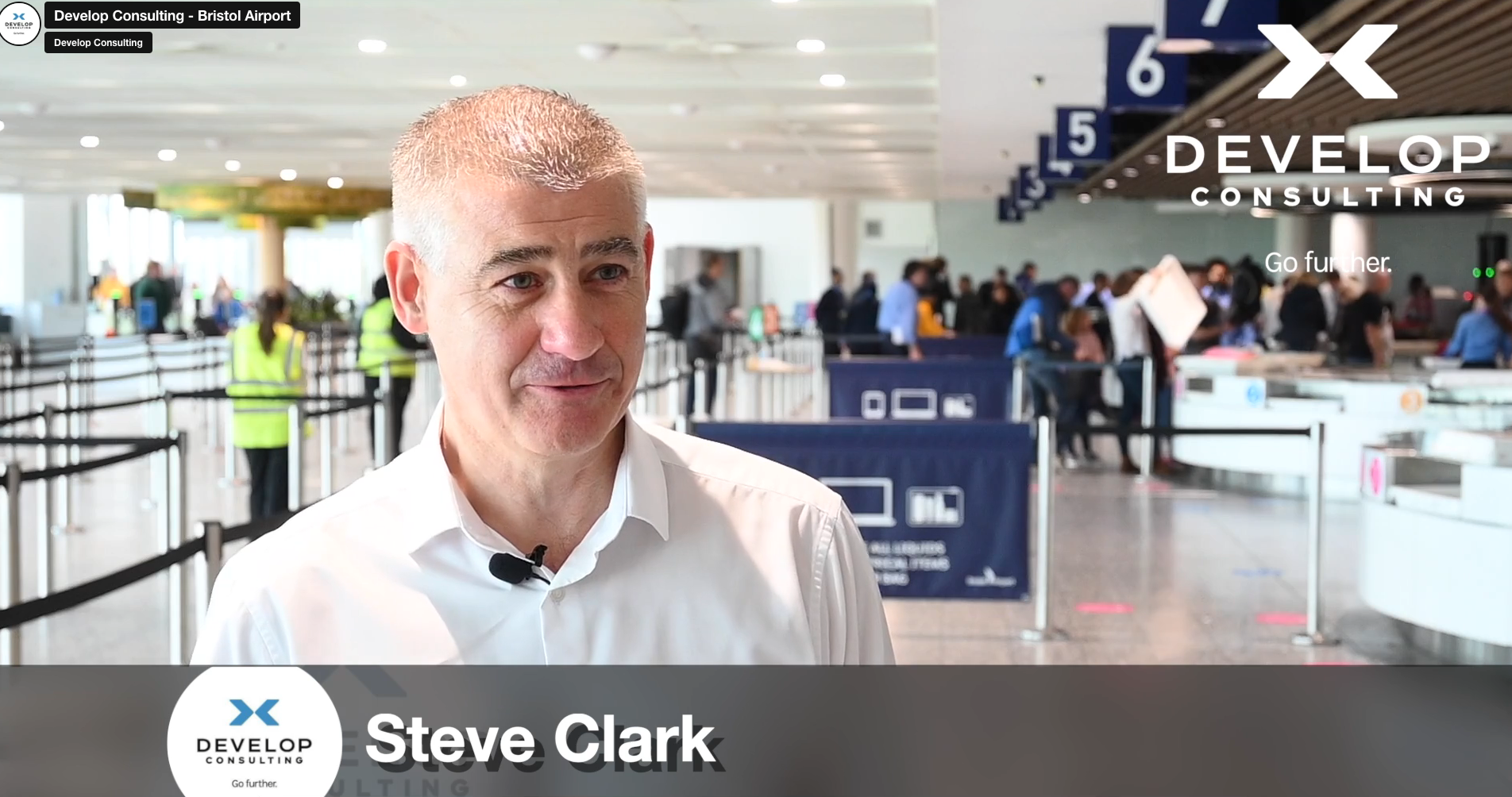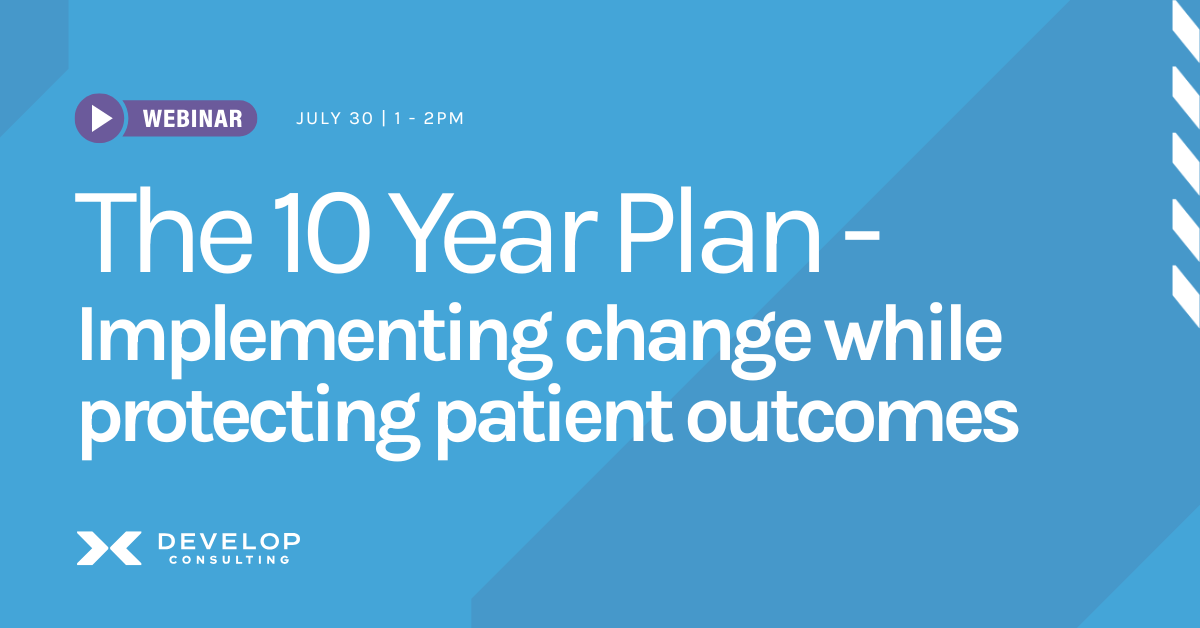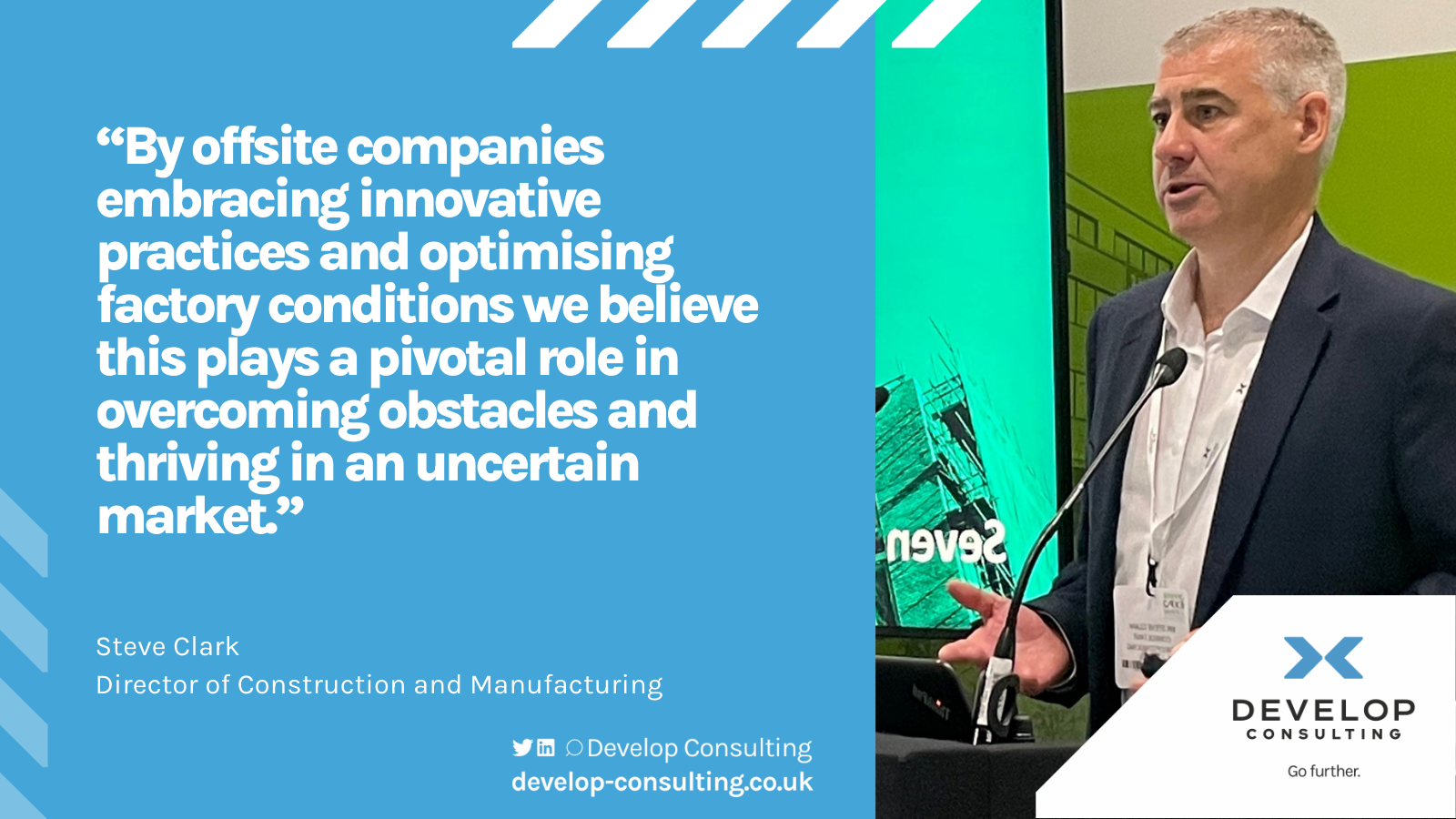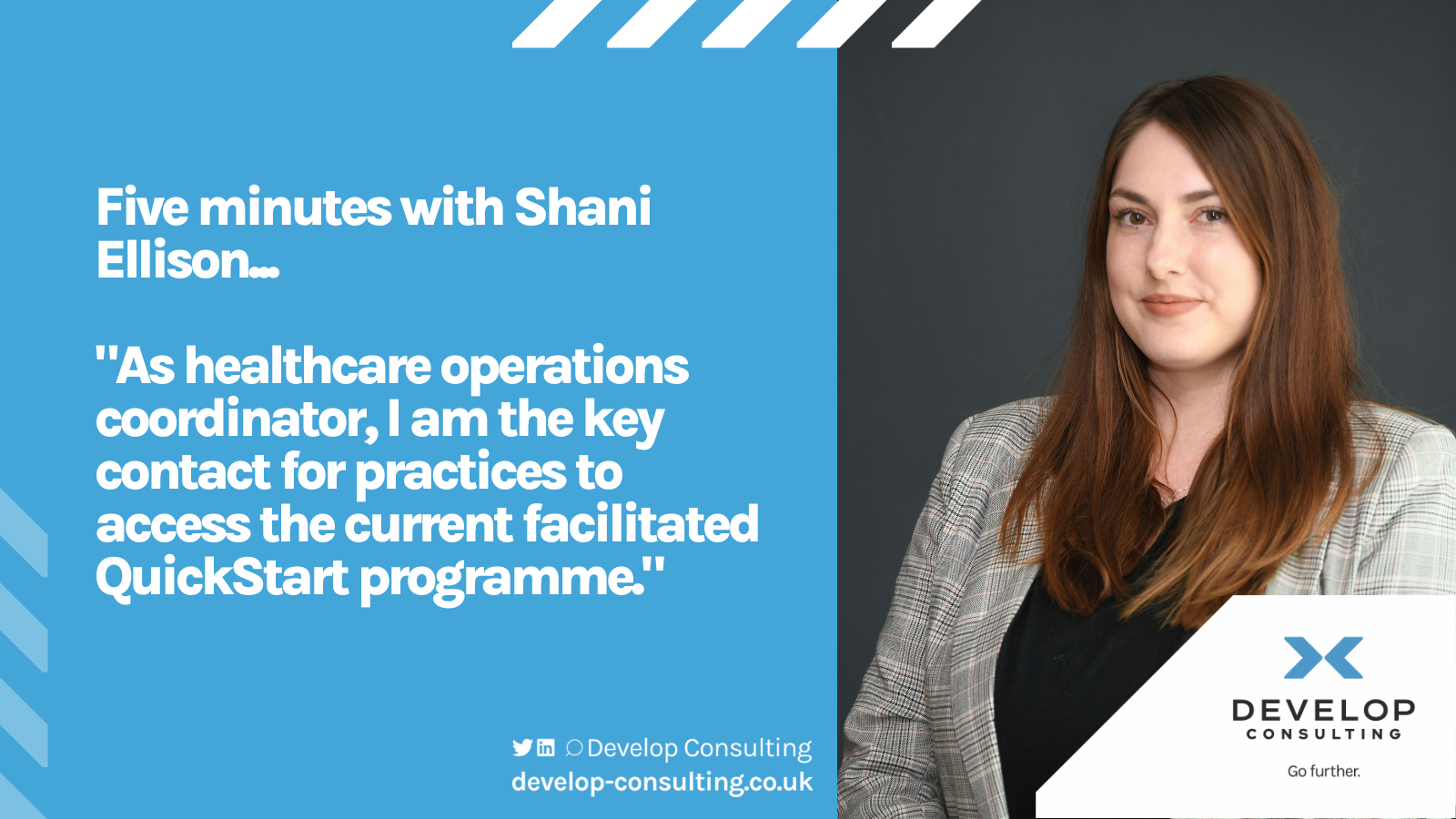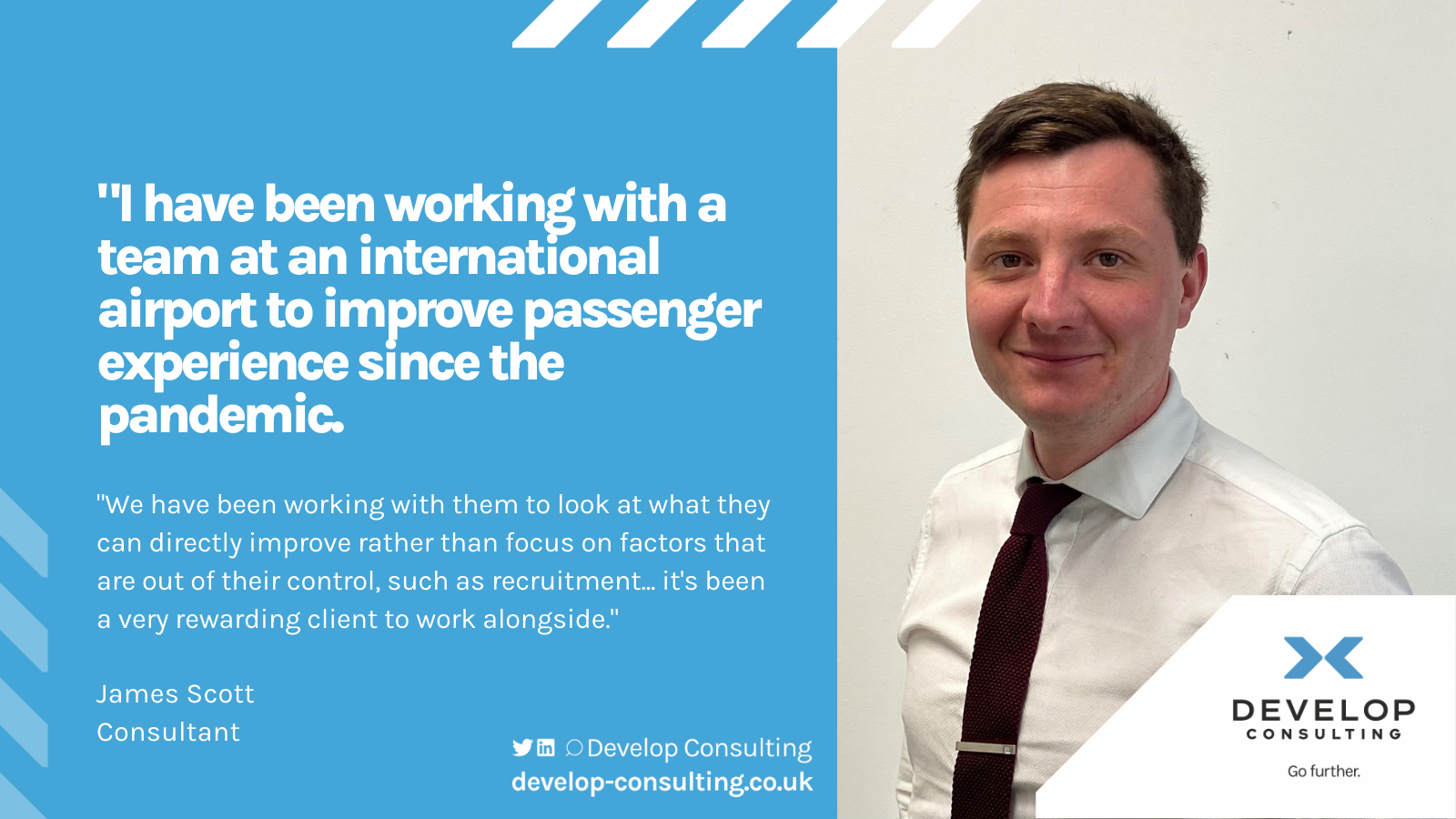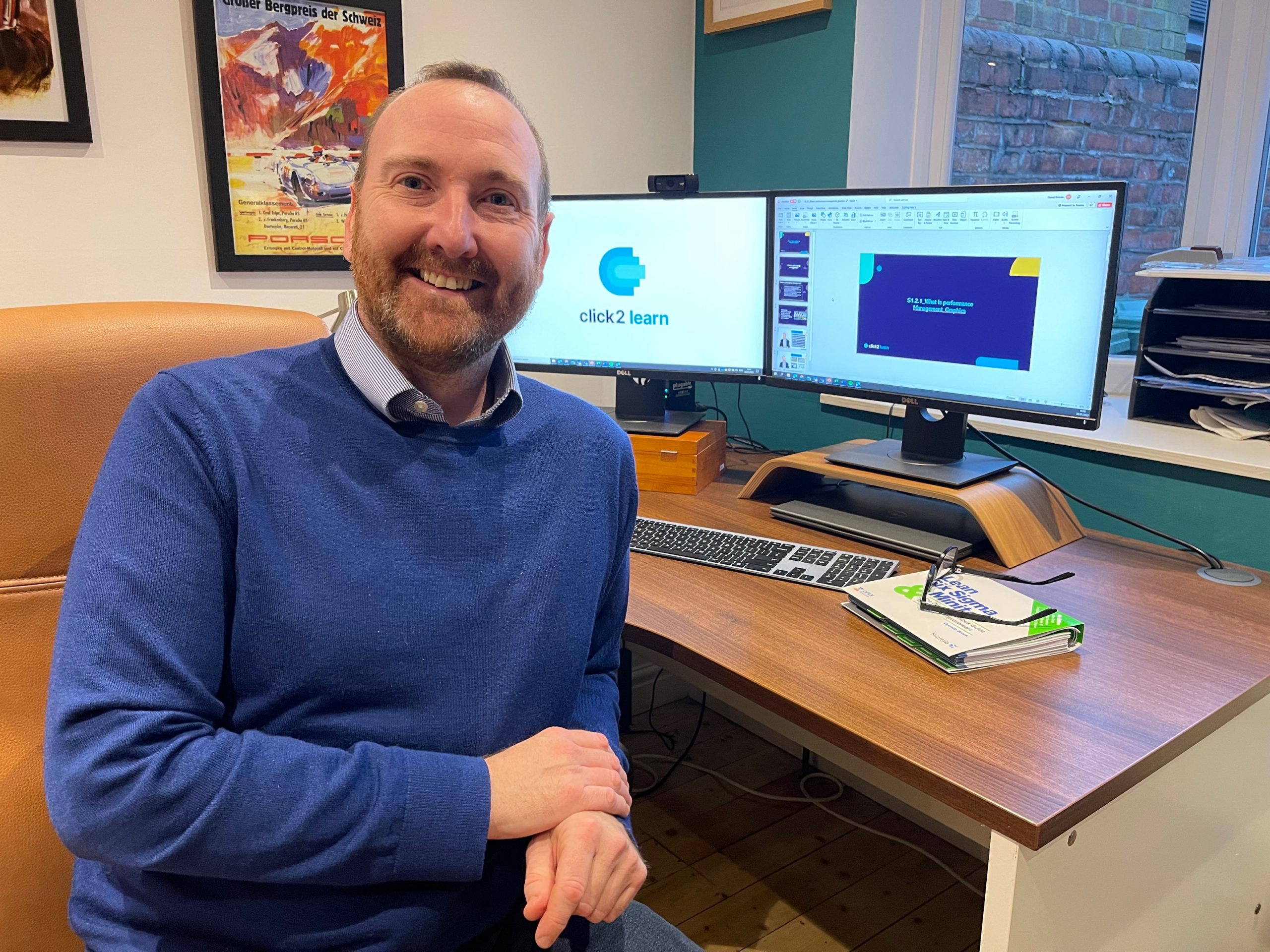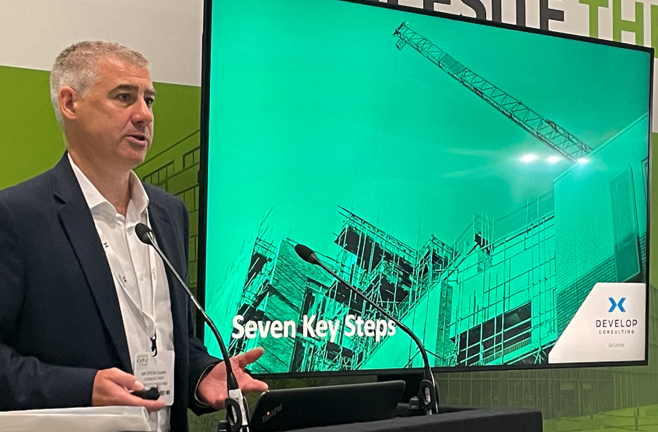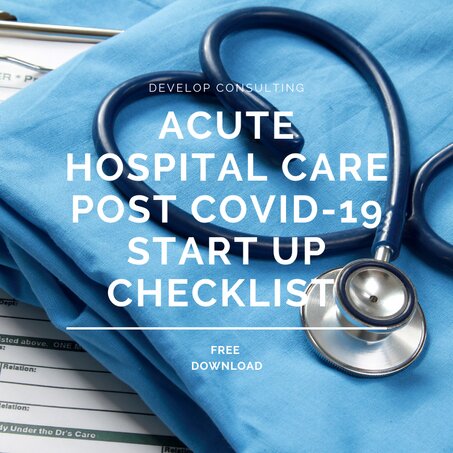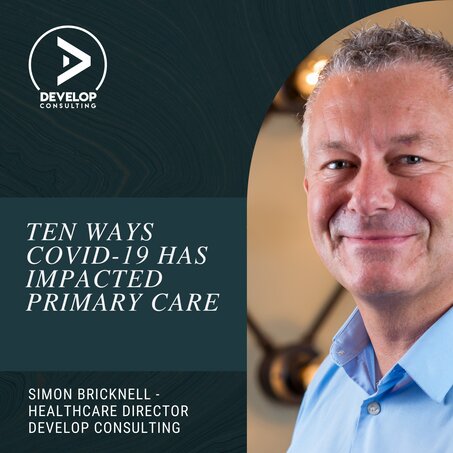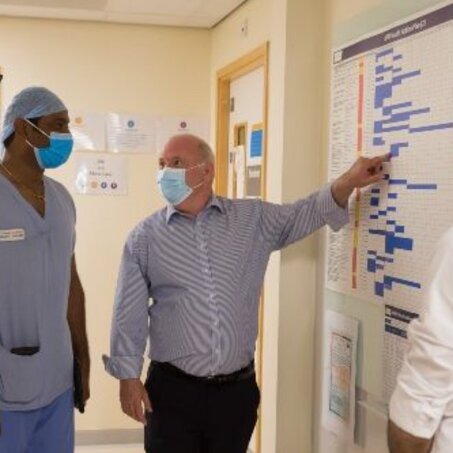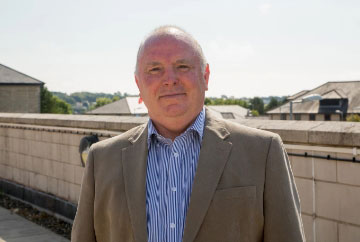Healthcare Director Predicts Major System Transformation in 2025
Leading consultancy expert outlines three key areas of change for NHS improvement
The director of a leading healthcare consultancy has outlined how 2025 could mark a pivotal year of transformation for the NHS, as the healthcare system prepares for significant operational changes and the launch of a new 10-year plan.
Simon Bricknell, Healthcare Director at Develop Consulting, which has worked with over 2,000 GP practices across the UK, suggests that following the publication of the Darzi report this year, the government has identified three crucial areas of transformation: moving care from hospitals to community settings, transitioning from analogue to digital systems, and shifting from reactive to proactive care.
Mr Bricknell said: “The new government has to do things differently. You can’t keep allocating money to the NHS in the same way it’s always been done and expect things to change. There is significant waste in the system currently, and simply trying to reduce that waste incrementally will never be enough.”
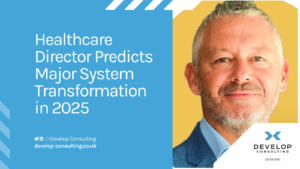
Max Pardo-Roques, Commercial Director at Develop Consulting, explained that early in the new financial year, the NHS will launch its 10-year plan in Spring 2025, building on both the Darzi review and these three core areas.
Mr Pardo-Roques said: “The NHS is currently in a holding pattern, waiting for the announcement of the 10-year plan and finalised budgets. These will give us a clearer picture of exactly where improvement activity will be focused.”
One key priority already announced is the government’s commitment to reduce waiting lists. The consultancy is working with several integrated neighbourhood teams to implement solutions that provide a more holistic view of patient management, addressing what they term ‘failure demand’ – where patients return to GP practices due to inadequate care plans or lack of community support structures.
Mr Bricknell said: “Data quality and how we use that data will be crucial to success. At present, we’re seeing many patients moving between different parts of the system without proper coordination, creating inefficiencies and delays.”
Two years ago, Develop Consulting developed their Demand and Capacity Optimisation Tool (DCOT), built from over 100,000 hours of front-line practice experience. This innovative system helps GP practices understand actual demand rather than just activity data, addressing one of the key challenges in the NHS’s digital transformation.
Mr Bricknell said: “Alongside the DCOT tool, we are also starting to incorporate how AI can be used to improve patient outcomes through better processes, while removing inefficiencies which also helps the workforce. We’re working with organisations to think outside the box about new models of care – how we can proactively plan for things we know about, but also use data and AI to inform us about things we may not yet be aware of.”
The consultancy’s team, which includes former practice managers, and healthcare improvement experts, has been implementing lean techniques successfully across primary, secondary, and other areas of the healthcare service.
Mr Pardo-Roques said: “2025 will be an exciting year for healthcare. With the government entering its second year, they’ll need to start showing tangible changes within healthcare. These changes need to be felt – patients must experience better access to services and see that the system is working. Our role will be crucial in helping to deliver better patient care, regardless of how or where patients present themselves in the system.”
